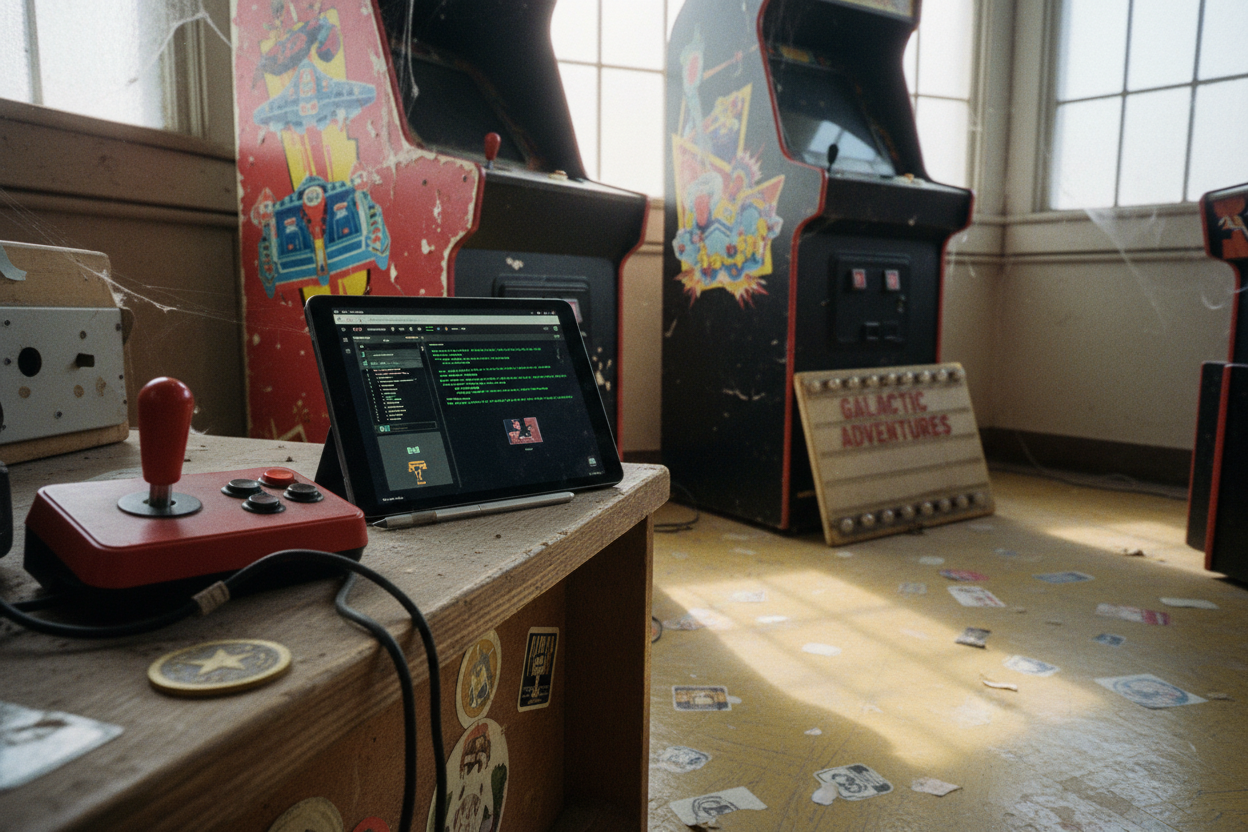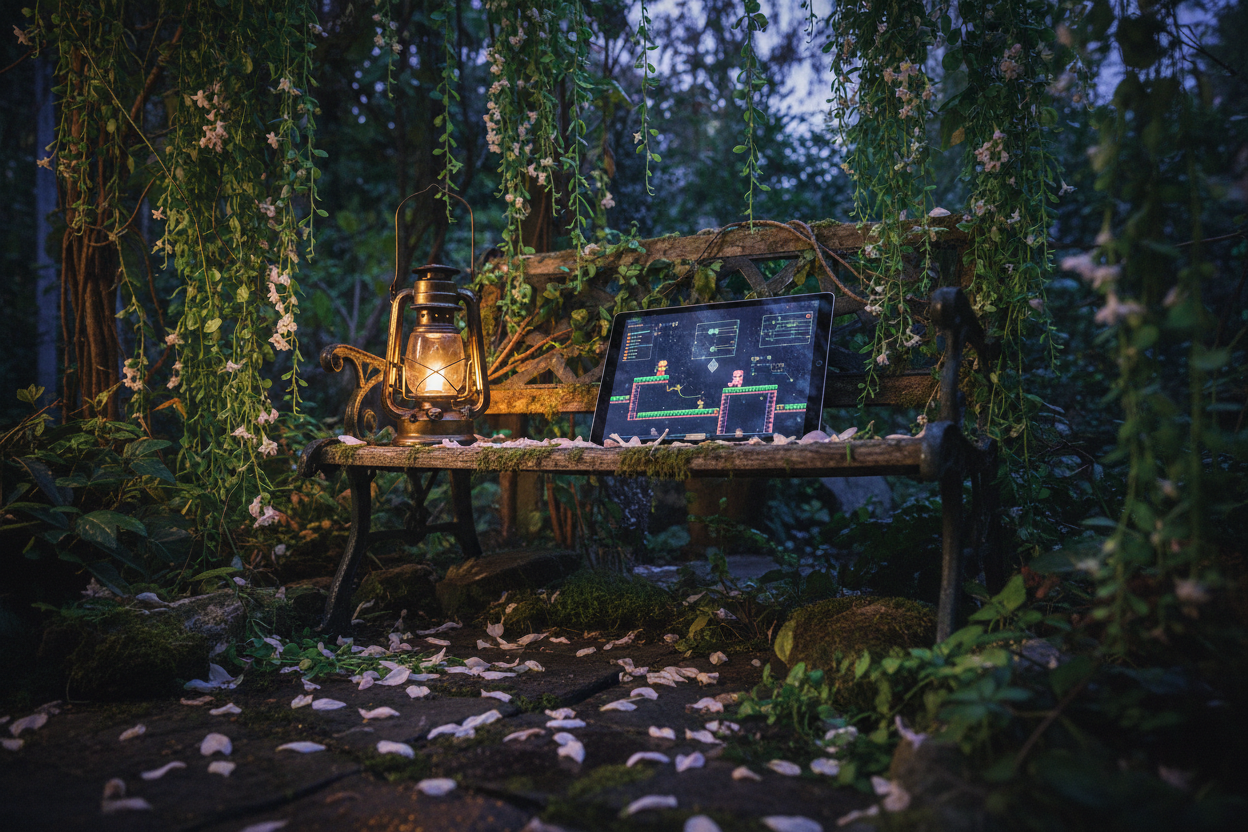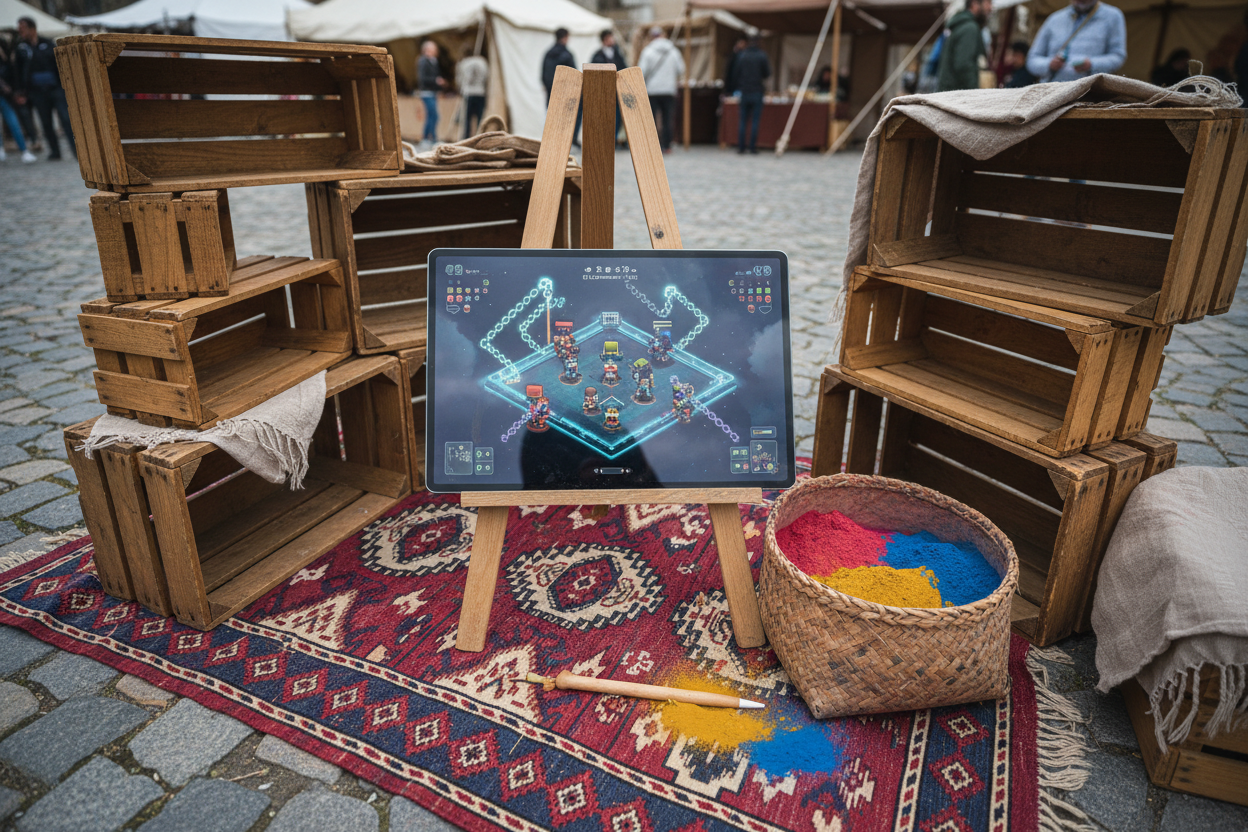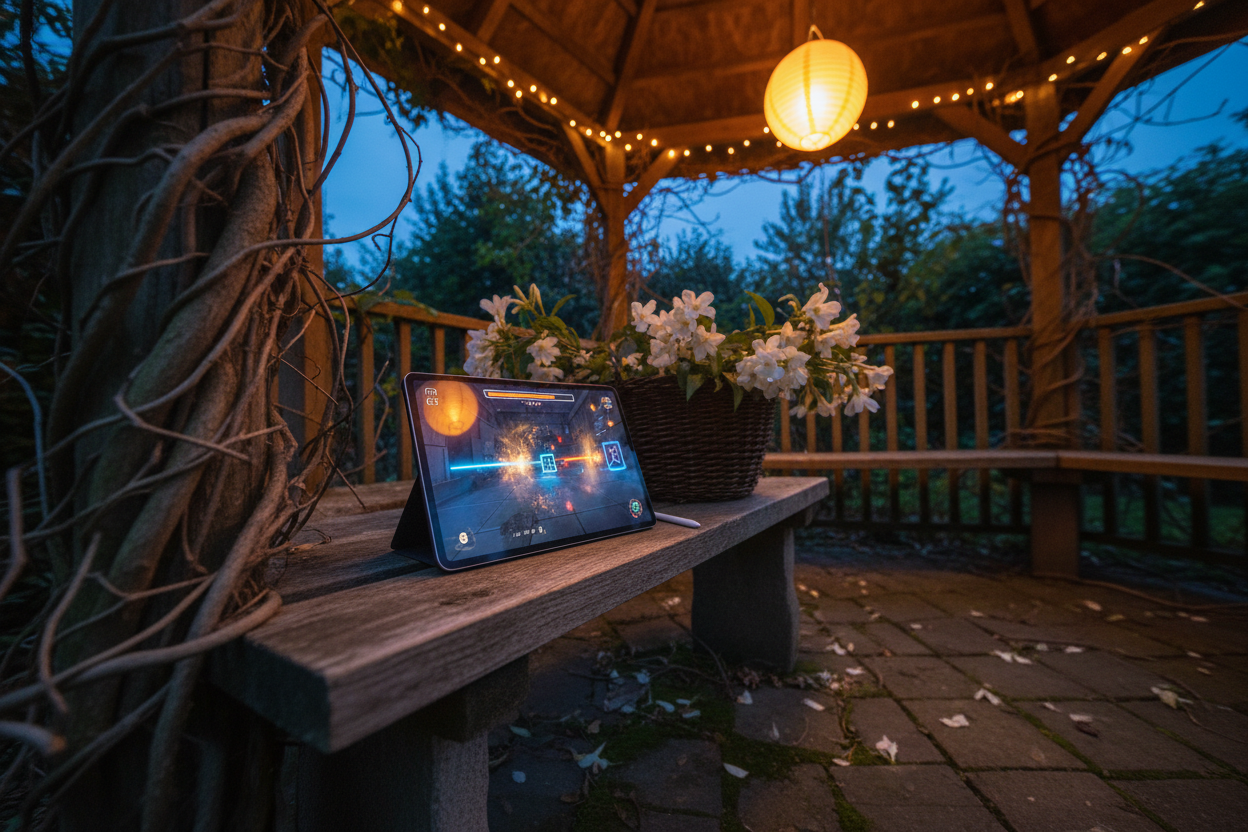Case Study: Block Stranding – Solana’s First Fully On-Chain MMORPG
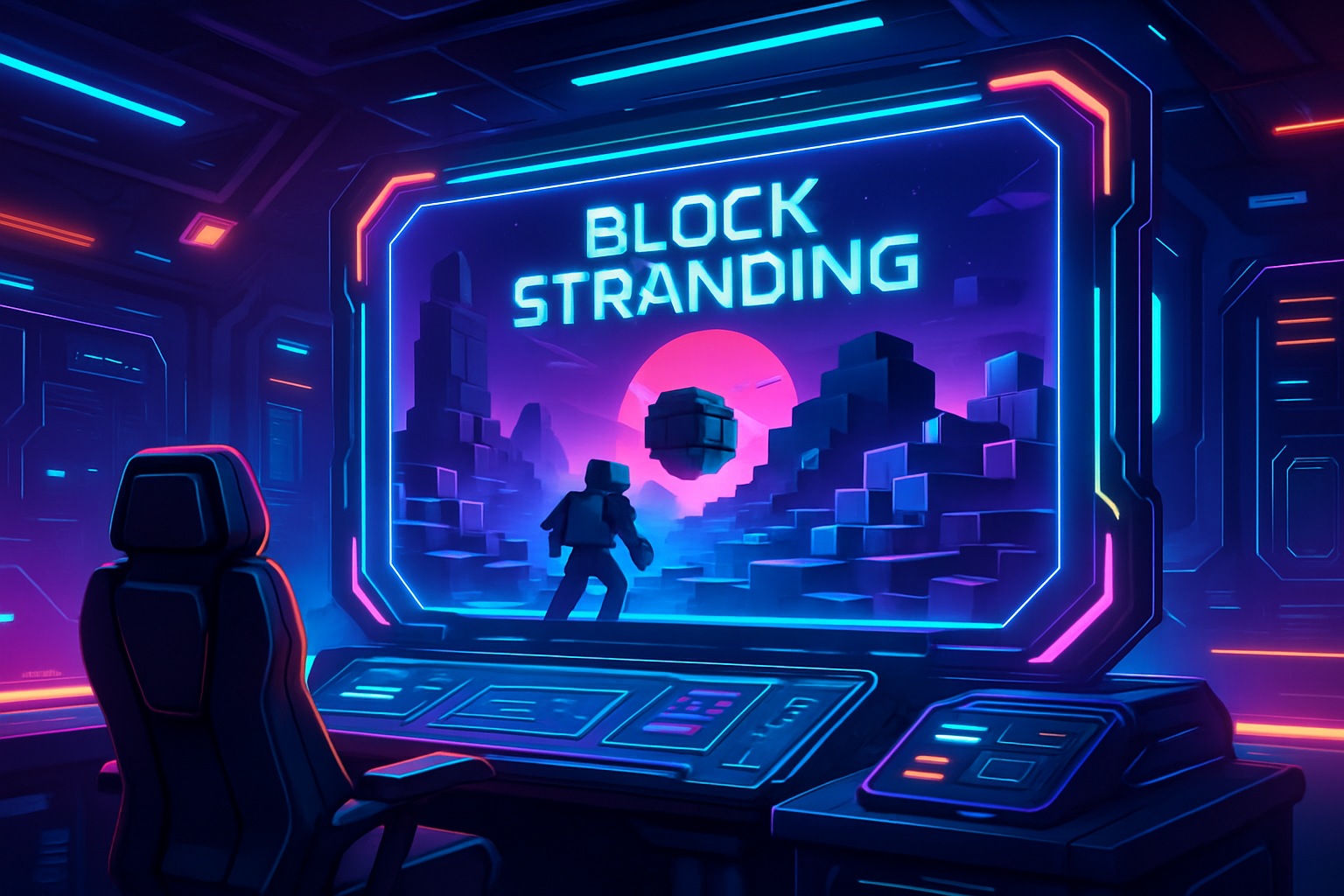
Block Stranding is staking its claim as a pioneering force in the world of fully on-chain gaming, leveraging Solana’s high-throughput blockchain to deliver a real-time MMORPG experience that has never before been possible. As the first fully on-chain MMORPG on Solana, Block Stranding isn’t just an incremental step for Web3 gaming, it’s a leap into uncharted territory, where every action by every player is executed and recorded directly on the blockchain.
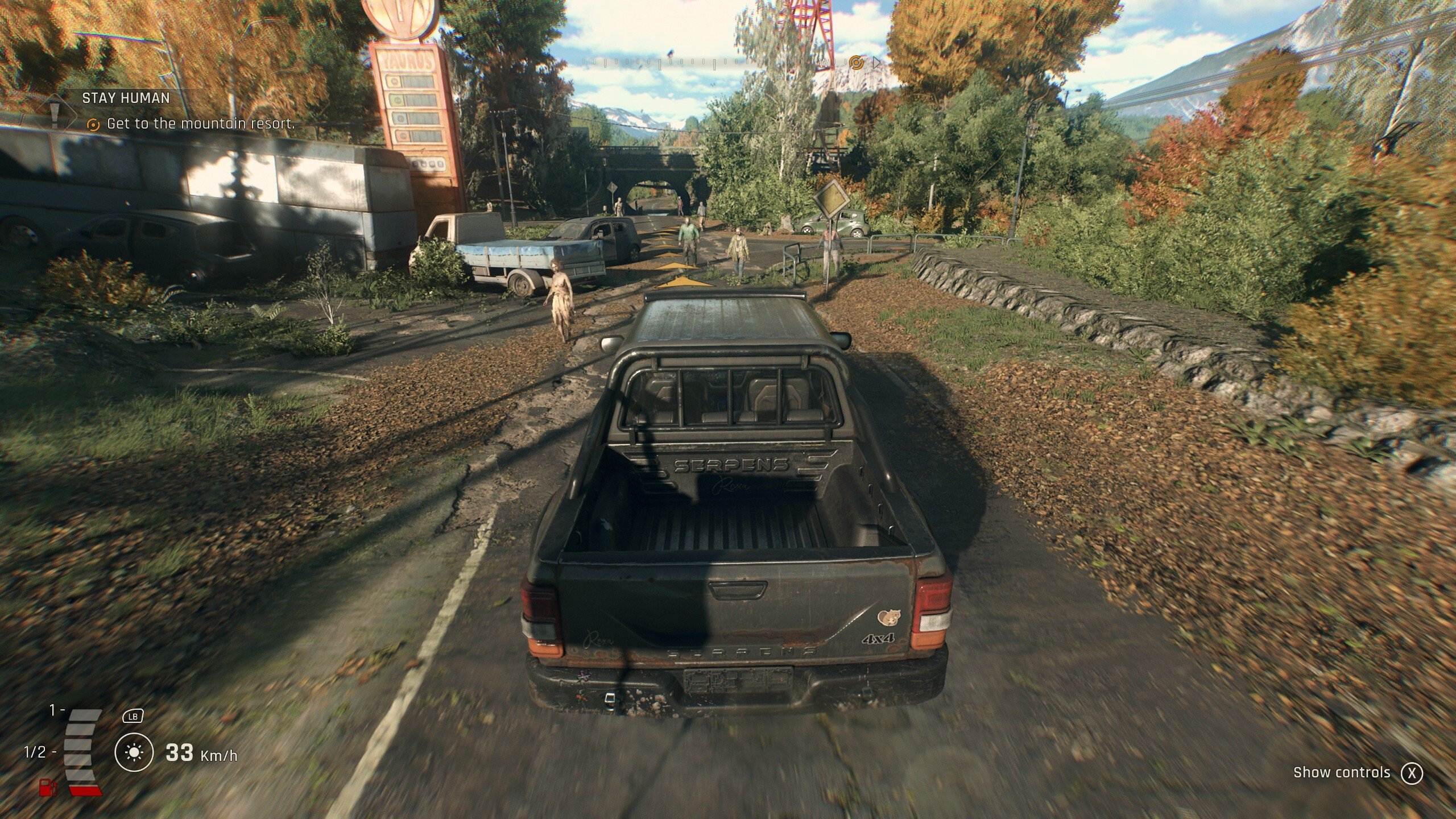
Real-Time Blockchain Gaming Comes to Solana
The technical backbone of Block Stranding is the MagicBlock real-time engine, which enables seamless, zero-fee gameplay on Solana. Unlike traditional games where actions are processed off-chain and only select events are settled via smart contracts, Block Stranding commits every move – from resource collection and crafting to PvP combat, as an immutable transaction. This approach not only guarantees transparency and verifiability but also ensures that players genuinely own their progress and assets.
The team’s confidence in Solana’s capabilities was put to the test during a headline-grabbing stress test. In collaboration with MagicBlock, Block Stranding simulated hundreds of AI agents acting as players, resulting in an impressive throughput: over 120,000 transactions were processed in just 20 minutes, maintaining a rate of more than 100 transactions per second. This test underscores Solana’s suitability for real-time, fully on-chain gaming at scale, a feat that would be cost-prohibitive or technically unfeasible on many other blockchains.
Season 1: Attention Mining Mission and $STRAND Airdrop
Rather than launching with conventional play-to-earn mechanics, Block Stranding has chosen a unique approach for its first season: the “Attention Mining Mission”. Here, player engagement isn’t measured by in-game grinding or quest completion but by social activity. Players connect both their Solana wallets and X (formerly Twitter) accounts to the game dashboard. By sharing content about Block Stranding and driving engagement across social platforms, participants earn $STRAND tokens based on the reach and quality of their posts.
This innovative mechanism does double duty: it incentivizes organic community growth while distributing tokens in a way that rewards active contributors rather than passive speculators. The $STRAND token itself is poised to become central to the game’s evolving economy, from gameplay rewards to marketplace transactions and governance voting rights.
This strategy is not only novel but also addresses some of the core challenges facing early-stage blockchain games: bootstrapping an engaged community and ensuring fair token distribution. For more details on how Season 1 functions and how players can participate in the ongoing $STRAND airdrop campaign, see this breakdown at NFT Playgrounds.
$SOL Maintains Momentum at $242.04 Amidst On-Chain Gaming Boom
The success of projects like Block Stranding highlights why Solana remains one of the most attractive blockchains for next-generation gaming applications. At its current price of $242.04, SOL continues to maintain strong momentum even amid broader market volatility (24h change: -0.0179%). This level of network performance combined with low fees makes it possible for ambitious experiments like Block Stranding to thrive without bottlenecking user experience or incurring prohibitive costs.
The ability for every game action, no matter how small, to be recorded directly on-chain is not merely a technical flourish; it fundamentally alters what players can expect from online worlds in terms of security, ownership, and transparency.
Block Stranding’s blend of technical rigor and community-first tokenomics is already sparking a new paradigm for Solana on-chain MMORPGs. The real-time, zero-fee model is particularly significant: players are not just interacting with a game server but with a living, breathing blockchain ledger. This means every resource gathered, every item crafted, and every PvP duel is not only permanent but also verifiable by anyone with access to Solana’s public ledger.
Ownership is at the heart of this evolution. Gone are the days when central servers could wipe inventories or alter outcomes. In Block Stranding, your NFT weapons, armor, and base upgrades are yours alone, free from administrative intervention and tradable on open marketplaces. The game’s governance model empowers token holders to vote on updates, ensuring that the direction of development remains in the hands of its most invested community members.
The ongoing “Attention Mining Mission” is also a fascinating case study in decentralized marketing. By rewarding social engagement instead of pure speculation or repetitive in-game actions, Block Stranding is building an early player base that is genuinely passionate about the project’s future. This approach has the potential to sidestep many pitfalls that have plagued earlier play-to-earn models, such as bot-driven farming or mercenary participation, by tying rewards directly to creative advocacy and authentic interaction.
Security and Decentralization: Raising Industry Standards
Security remains paramount for fully on-chain gaming experiments. By leveraging Solana’s high-speed infrastructure and MagicBlock’s real-time engine, Block Stranding ensures all progress and assets are immutable and publicly auditable. Smart contracts govern everything from NFT minting to guild staking pools, minimizing the risk of exploits while maximizing transparency for players and developers alike. For a deeper dive into these technical safeguards, refer to this analysis at Dapp Expert.
The implications extend far beyond gaming: Block Stranding’s architecture shows how large-scale applications can operate entirely on-chain without sacrificing user experience, a critical proof point as decentralized apps (dApps) continue to mature.
What Comes Next? The Roadmap for Real-Time Blockchain Games
If Block Stranding’s early momentum is any indication, fully on-chain MMORPGs are poised for rapid evolution over the coming year. Future updates could include:
- Expanded PvE content: Deeper quest lines driven by smart contracts rather than centralized scripts.
- Player-created economies: Custom crafting recipes, user-generated items, and decentralized trading hubs.
- Ecosystem interoperability: Potential cross-game asset portability as more titles adopt similar standards on Solana.
This vision aligns with broader trends in Web3 gaming, where composability, transparency, and true digital ownership become non-negotiable pillars for new projects.
The current price action for SOL at $242.04, paired with robust developer activity around projects like Block Stranding, suggests that Solana will remain a leading venue for experimentation in fully on-chain gaming throughout 2025 (Juice News coverage). As more studios look to push boundaries with real-time blockchain games, and as players demand greater agency over their digital worlds, the lessons learned from this pioneering MMORPG will shape not just Solana’s future but the trajectory of decentralized gaming itself.






